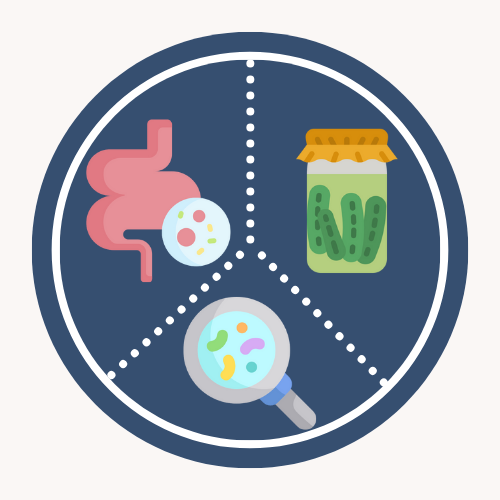New paper on the benefits of friendly microbes in our diets
Our collaborative ISAPP group found that foods with higher microbial concentrations are associated with modest health improvements across a range of outcomes. This paper used NHANES participants’ reported food intake to quantify the food they ate that contained medium or high levels of microbes. Then they determined how these intakes correlated with various markers of health such as blood pressure and weight. We found that increased consumption of live microbes in the diet was linked with multiple measurements of better health: more favorable blood pressure, better blood glucose and insulin, lower inflammation, as well as lower waist circumference and body mass index. This established that those who consumed higher quantities of live dietary microbes showed tangible, if modest, health benefits.
